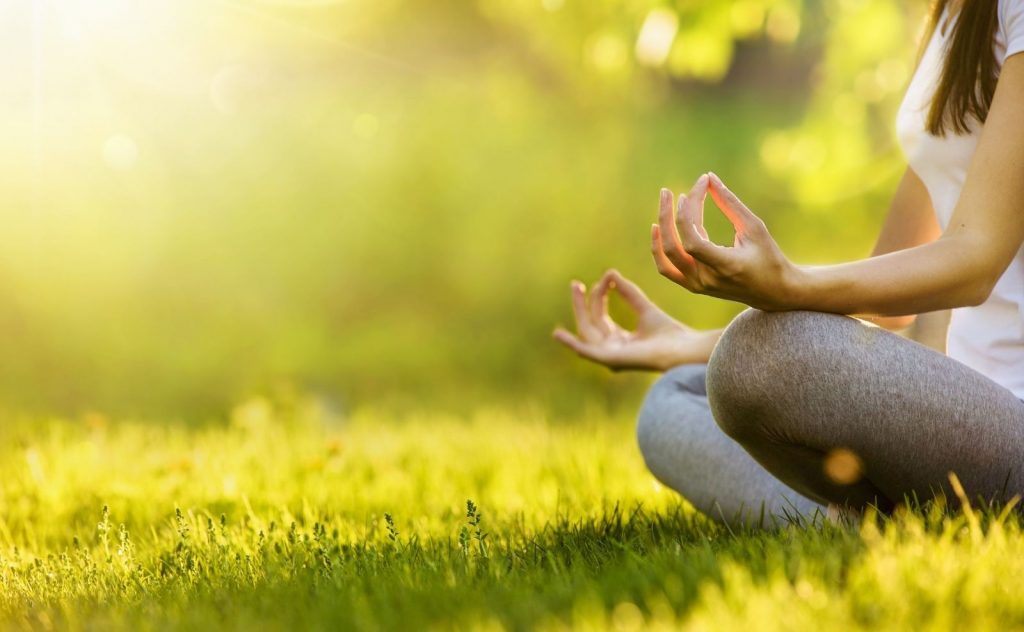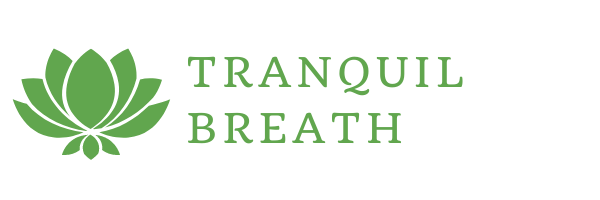
Meditation What Is It?
With the flood of COVID-19 articles online describing how we are all coping with this difficult time, I came across a piece written by a mother of many children in which she describes how challenging this time has been for her. She explains how she is just barely managing to hold it all together while trying to take care of herself and family. She concludes that she will just suck it up and keep going. After reading this well written descriptive horror tale, I felt grateful. I felt grateful that for the last`18 years I have dedicated time for myself and created self care practices that are proving so beneficial right now. Often it has been hard to be labeled as the weird hippy person who is passionate about yoga and self care and is constantly flowing against social norms. While people were packing their kids up for summer camp, I was heading out to our very rustic cabin and getting ready for simple mommy camp where we would spend lazy days by the lake, doing art projects, watching family movies, volunteering at a local farm, washing our clothes at a laundromat and just simply passing the time together. The most challenging part of summer was finding good answers for my children as to why we were not sending them to camp like all of their peers. It was really during these times that my self care practices became so vital. Spending 24/7 with many young children is always a challenge but with a bit of preparation and self care this can be pleasurable and not a horrific nightmare.
I could share the many ways that I practice self care but I think that meditation, while a bit more challenging, can provide the most benefit right now. Meditation is the type of practice we do as an investment in our futures. Its goal is to teach us about how our minds work. All of the immediate results like relaxation and mental clarity pale in comparison to the long term benefits of becoming less reactive and more equanimous. By regularly practicing meditation we will start to see situations that may have been challenging in the past through a different lens. This allows us to stay peaceful even under the most difficult circumstances.
There are a million articles online about and defining meditation, but I thought I would give it a go from the perspective of someone who has been meditating daily for the last three years. Meditation is a loaded word. There are so many different buzzwords like transcendental, zen, mindfulness, vipassana… I could literally keep going for a few more lines. It is so overwhelming that many of us just don’t know where to start or what to make of it. I am going to attempt to describe my understanding as simply as possible.
Meditation is simply focused concentration.
We have all experienced this at some level in our lives. It is that flow state that you find yourself in when very few thoughts are arising in your mind. Some of us enter this state while being creative or during intense exercise. Some of us are even fortunate to be able to make a living while doing jobs that induce flow states. Maybe playing an instrument or listening to music gets you in a state of focused concentration or maybe spending time in nature or watching a sunset does it for you. Close your eyes, take a deep breath and try to recall a recent time that you found yourself in a flow state.
Meditation is a device for learning how to move into focused concentration at will.
Hopefully you can recall a time you naturally entered a flow state. Recall what it felt like. Flow states are relaxed states. They feel good and we naturally want to reproduce them. They can arise on their own just like we have experienced through the types of activities that I listed above or we can train ourselves to move into a relaxed and focused state of mind through practice.
Before we can reap the benefits of becoming less reactive to circumstances out of our control, we first have to learn how to achieve mental state of focused concentration. Our minds love to be busy. We are either ruminating about the past or planning for the future. Thoughts come and go and we have very little control of what passes through our minds. The interesting thing is, that we don’t have to continue following our train of thoughts that arise on their own. Instead we can choose to just observe it as a simple thought not allowing ourselves to sink into reactivity.
We are all completely different in our bio individuality and some forms of meditation work better than others to induce a state of focused concentration for our own unique needs. This is where all the different types of practices come into play. There are breath focused practices, body scan practices, compassion practices and many more. The one underlying theme between all of these practices is the goal of focused concentration. If you are doing a breath focused practice you are trying to keep all of your attention on your breath. As thoughts, physical sensations and noises distract you; the goal is to bring your focus back to your breath. If you are doing a body scan for relaxation; the goal is when your mind starts to wander you bring yourself back to scanning your body. The practice of continuously bringing yourself back to whatever you chose to be the object of concentration, is the real mental exercise that provides the most long term benefit of meditation.
In viewing meditation through this lens, we can begin to see that almost anything can become a meditative experience. Let’s use the example of being stuck at home with very needy little humans for an undetermined amount of time. We may find ourselves experiencing less pleasant emotions as our children fight with each other. Thoughts may look like this: “OMG won’t they just stop! Is it even possible to fight over the same thing daily? This better be over soon. I just want to take that vacation that we had planned. Last year was so much more pleasant.” We could continue down this road sinking deeper into discomfort as our minds and emotions run free. This creates unnecessary suffering that stemmed from following thoughts that were in reality, just thoughts. Suffering arises from expectations that are not grounded in the present reality. Ultimately the only experience we actually have is the present moment and it is our choice how we feel moment to moment.
How can meditation help?
When we sit in meditation, whichever type of practice that speaks to us, we train our minds to be present. As we become distracted by whatever distracts us, we continuously bring ourselves back. We start to learn what the landscape of our mind looks like. We start to recognize different reoccurring thought patterns and can decide which ones serve us and which do not. We learn to easily enter into focused concentration at will. Over time our practice starts to translate into our daily lives. Anything can become our object of meditation. Even crying children. We may start to find ourselves sitting back and just noticing what is occurring around us instead of instantly becoming reactive. We may even find ourselves in the middle of a chaotic scene of our children attempting to kill each other and have the ability to take a breath, observe and react with choice instead of reacting out of habitual emotion. It takes time, effort and patients but the benefits are well worth the effort. May we all be well. May we all be happy. May we all be safe. May we all live our lives with ease. I am happy to help anyone who is interested in getting started with a meditation practice. I will be doing an intro to meditation and guided relaxation practice tomorrow 4/2 on zoom please contact me for details. You can contact me at yogashevi@gmail.com

Leave a Reply